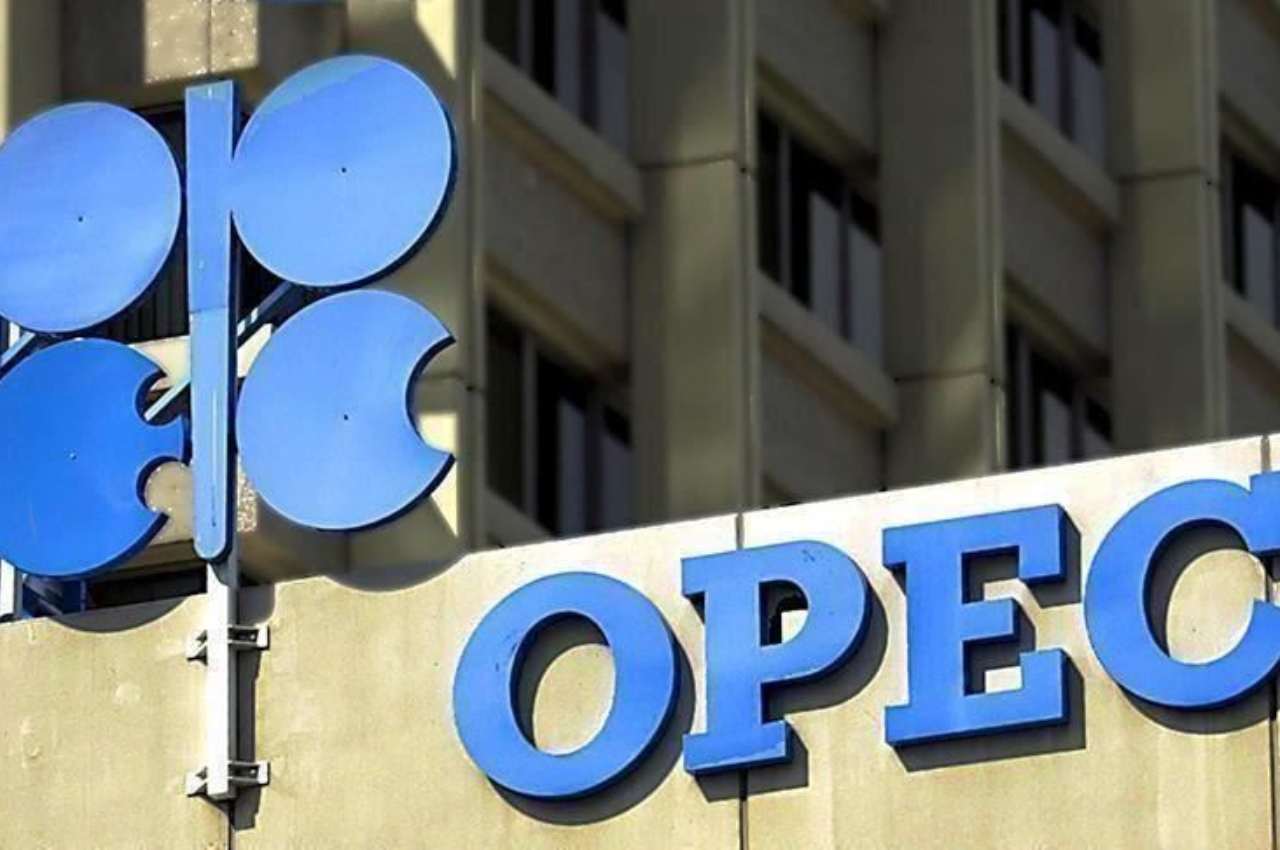OPEC: OPEC lowered its 2022 global oil demand growth prediction on Monday for the seventh time since April and also decreased its estimate for next year, citing escalating economic difficulties such as high inflation and rising interest rates.
According to a monthly report from the Organization of the Petroleum Exporting Countries (OPEC), oil consumption will rise by 2.55 million barrels per day (bpd), or 2.6%, in 2022, down 100,000 bpd from the previous prediction.
“The world economy has entered a period of significant uncertainty and rising challenges in the fourth quarter of 2022,” OPEC said in the report.
“Downside risks include high inflation, monetary tightening by major central banks, high sovereign debt levels in many regions, tightening labour markets and persisting supply chain constraints.”
The final report before OPEC and its partners, collectively known as OPEC+, meet to decide on policy on December 4 is this one. The firm, which recently lowered its output goals, will continue to exercise caution, according to a report last week from Saudi Arabia’s oil minister.
OPEC anticipates a 2.24 million bpd increase in oil demand for the following year, which is also 100,000 bpd less than anticipated. OPEC commented on the growing obstacles but kept its predictions for global economic growth in 2022 and 2023 unchanged, stating that while risks were skewed to the downside, there was also potential for an upside.
“This may come from a variety of sources. Predominantly, inflation could be positively impacted by any resolution of the geopolitical situation in Eastern Europe, allowing for less hawkish monetary policies,” OPEC said.
Following the publication of the report, oil continued to fall, selling at about $95 per barrel. The group reduced the OPEC+ production target by 100,000 bpd for October as a result of falling oil prices brought on by concerns about the impending recession, with a further decrease set to begin in November.
According to the report, OPEC’s output decreased by 210,000 bpd in October to 29.49 million bpd, exceeding the drop that OPEC+ had promised.













